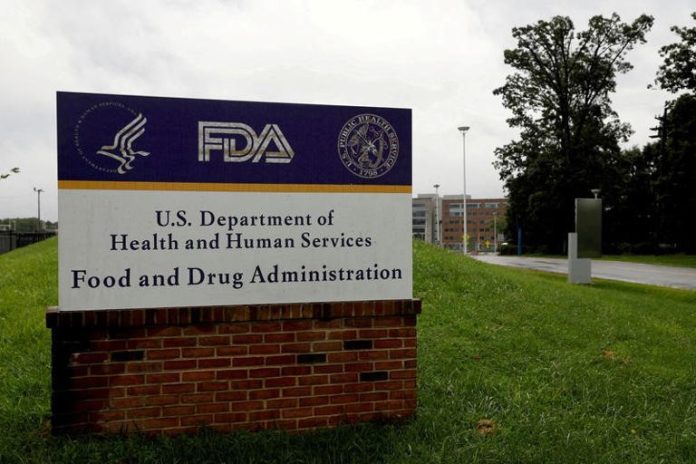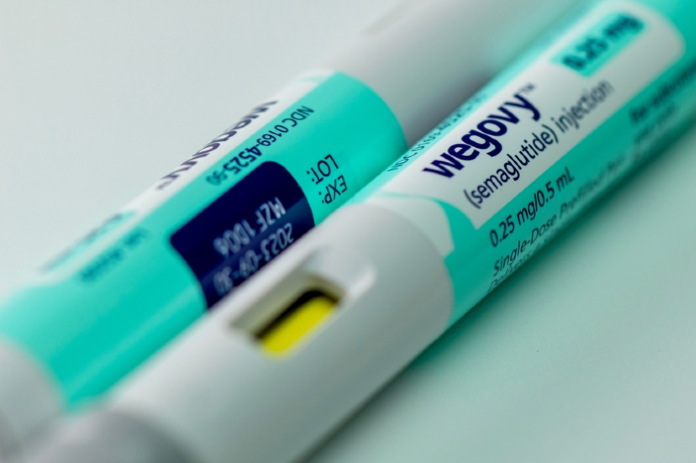US FDA to revise label of ADHD stimulants to add weight loss risk in patients younger than 6
-The U.S. Food and Drug Administration said on Monday it is revising the labeling of all extended-release stimulants to treat attention-deficit hyperactivity disorder (ADHD) to warn about the risk of weight loss and other side effects in patients younger than six years.
The FDA said that it is requiring a “limitation of use” section in the prescribing information of all extended-release stimulants to include a statement on higher rates of adverse reactions in children younger than six years.
ADHD is a disorder, common among children, that affects the ability to pay attention, follow directions and complete tasks.
The FDA has approved two types of medications — stimulants and non-stimulants — to help reduce symptoms of ADHD.
Stimulants, sold under brand names Ritalin by Novartis and Concerta by Johnson & Johnson’s unit Janssen, are commonly prescribed by healthcare professionals. They work by increasing levels of dopamine and norepinephrine in the brain, two neurotransmitters associated with motivation, attention and impulse control.
Extended-release stimulants are not approved for children younger than six years, but healthcare professionals can prescribe them “off label” to treat ADHD, the FDA said.
The agency said it assessed data from clinical trials of extended-release formulations of amphetamine and methylphenidate for ADHD treatment, finding that, compared to older children, patients younger than six years have higher levels of the drug in their bodies as well as higher rates of side effects.
For these reasons, the benefits of extended-release stimulants may not outweigh the risks in patients younger than six years, the FDA said in a statement.
Studies show that the number of children diagnosed with ADHD continues to increase. An estimated seven million children in the U.S. between three to 17 years of age have been diagnosed with ADHD, according to the FDA.











